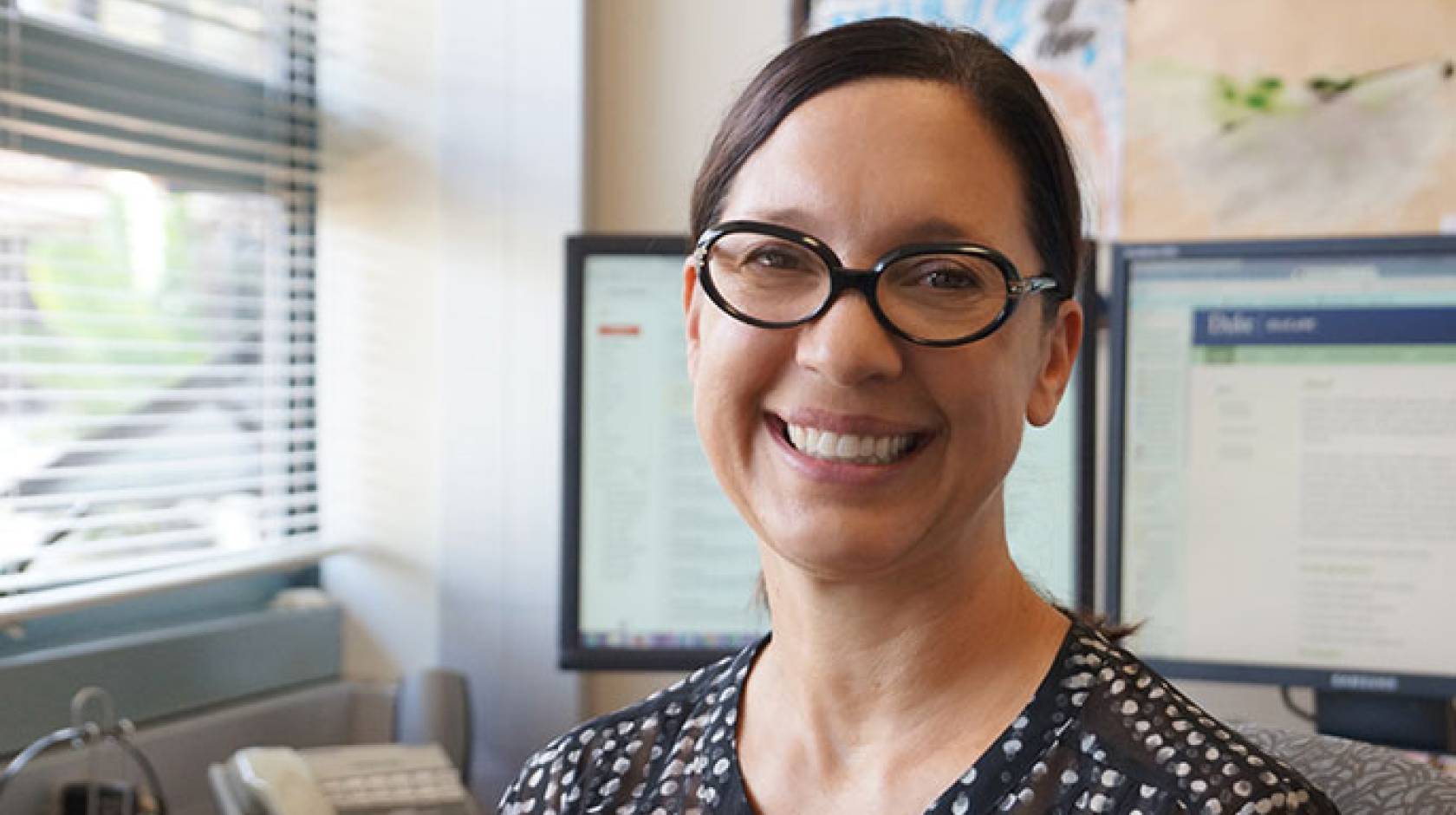Julie Cohen, UC Santa Barbara

UC Santa Barbara and three other Hispanic-Serving Institutions in California will share a $750,000 grant from the National Science Foundation (NSF) as part of its ADVANCE program. ADVANCE seeks to increase the representation and advancement of women in academic science, technology, engineering and mathematics (STEM) careers and to promote gender equity in the STEM academic workforce.
The grant will be used to establish the Center for Research, Excellence and Diversity in Team Science (CREDITS), an integrated research and training program aimed at increasing and enhancing the capacity, effectiveness and excellence of team science efforts in California. Team science consists of interdisciplinary, collaborative research among two or more scientists in which team members integrate their respective perspectives and methods in a single endeavor. CREDITS will target female faculty members and researchers, with a focus on underrepresented minorities.
“UCSB leads the way among research-intensive universities trying to increase the diversity of their student body,” said Michael Witherell, vice chancellor for research. “We are the first university from the Association of American Universities to achieve the federal status as a Hispanic-Serving Institution. CREDITS will help us grow our research portfolio while strengthening our partnerships with other Hispanic-Serving Institutions.”
Over the next five years the founding members of the initiative — UC Santa Barbara, UC Merced, California State University, Channel Islands and San Diego State University — will organize team science retreats focusing on specific areas of interdisciplinary research. The group will also develop leadership workshops that examine the effects of diversity on collaborative research and conduct training for women and people of color on how to be team leaders, how to create effective teams and how to be good team members.
“The idea is to take a program that has proved successful at one institution and scale it to meet the needs of different types of institutions,” said lead principal investigator (PI) Barbara Endemaño Walker, a director of research development in UC Santa Barbara's Office of Research. “So we took the UC team science retreat model that we already developed in the UC system and added our sister Cal State universities to the mix, this time focusing on Hispanic-Serving Institutions.”
In recent years, team science-based research has become increasingly central in scientific discovery. Scientific literature reports that team diversity not only has a positive impact on creativity, innovation and productivity but also benefits individual research careers.
“This is the type of innovative and direct initiative that women and underrepresented faculty members and researchers need to flourish,” said project co-PI Rebecca Lewison, a professor of biology at San Diego State University. “We see CREDITS as an opportunity to support our faculty and the mission of our research institution.”
According to the NSF, the lack of women’s full participation in STEM academic careers is often a systemic consequence of the academic culture and organizational structure of higher-education institutions. To help change that, the CREDITS team will develop workshops for executive vice chancellors, deans and department chairs to educate them about the benefits of diversity on science teams.
“This project has strong potential to make lasting change not just in the lives of the faculty members who participate but in the institutions and STEM disciplines themselves as it creates systemic change that will support women in STEM for many years to come,” said Karen Carey, dean of arts and sciences at California State University, Channel Islands.
“As the UC campus with the most diverse student body, UC Merced has an obligation to have our faculty and academic leadership reflect that diversity,” said Gregg Camfield, the campus’s vice provost for the faculty. “I am excited that this grant will help us understand how best to support our faculty, particularly by helping us to identify and remove the barriers that discourage participation of women and underrepresented minority faculty in team science.”
CREDITS also will conduct research about gender and racial-ethnic diversity in team science. In particular, the team is looking to answer questions about barriers to diverse participation on science teams, how diversity shapes the formation of science teams and how diversity and team science is implicated in promotion and tenure practices and policies at a variety of institutional types.
“We’re hoping to produce research that will be novel in the field of team science,” said Walker, who is also the newly appointed special assistant to UC Santa Barbara's executive vice chancellor for diversity initiatives. “To that end, we’ll conduct bibliometric research looking at the differences between collaboration and co-authored publications with diversity as one factor. Our findings will contribute to the literature on team science and on broadening participation in higher education.”

